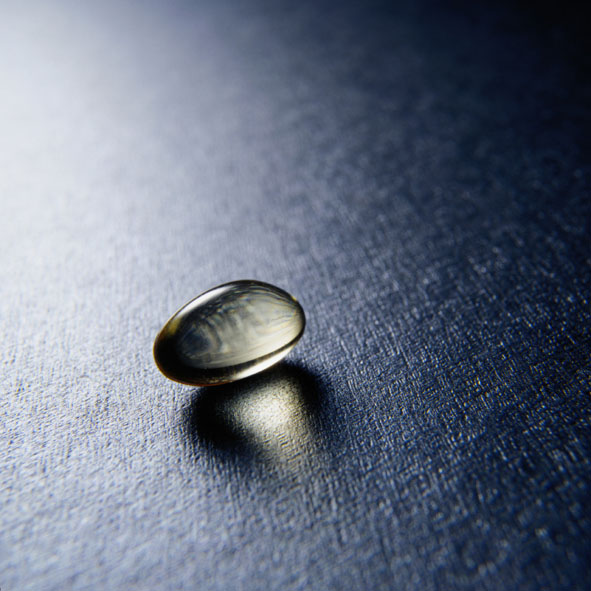
Biosimilars: still safe, still effective, still not generics. Why is FDA suddenly pretending they are?
Abstract:The US Health and Human Services (HHS) and the US Food and Drug Administration’s (FDA) new initiative to ‘genericize’ biosimilars by fast-tracking approvals and eliminating key clinical and switching studies represents a radical departure from established global regulatory science. This policy dismisses the foundational distinction between complex biologicals and simple generic drugs—a distinction unanimously upheld by international regulators like […]


